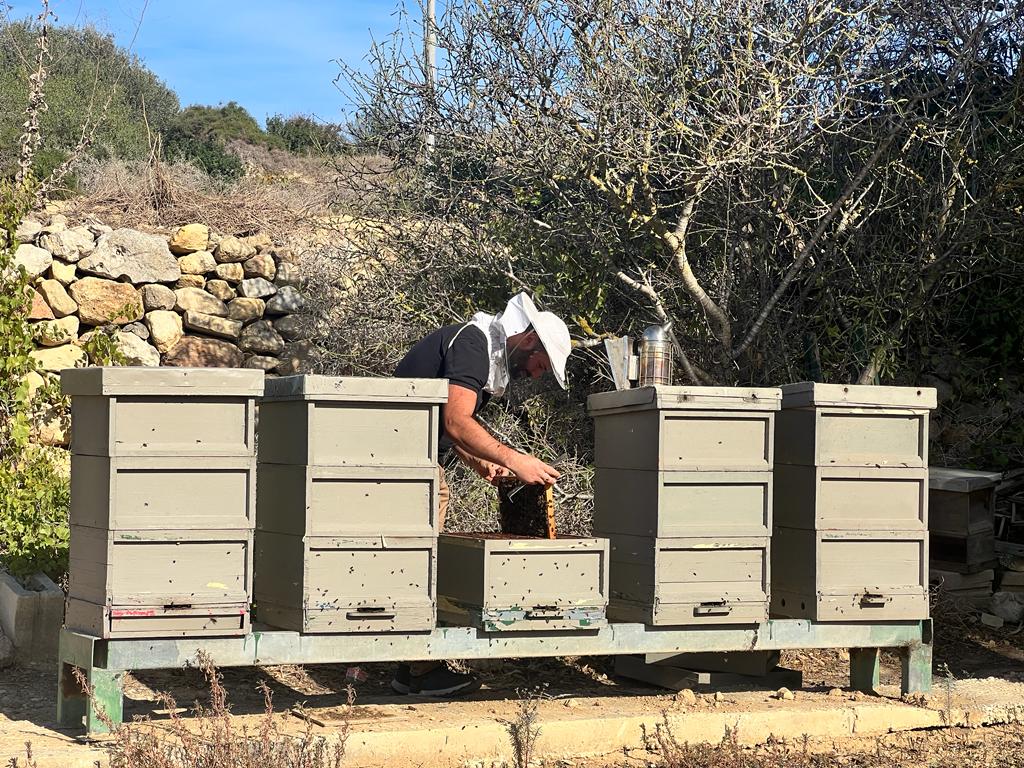Preliminary results from the Medibees study show that most Maltese bees have mixed genetics, which puts their identity at risk. Analysis of bee samples from the initial two years revealed a notable influence of the Italian bee on the genetic mixing. Partnerships between academic institutions and the Breeds of Origin Conservancy underscore the global significance of Mediterranean bees.
In a recent interview with TVMnews, Thomas Galea of the Conservancy, said there is hope because some pure Maltese communities persist despite the progressive loss of identity caused by foreign DNA. The breeding programme at the Conservancy appears effective in preventing the hybridisation of bees. Galea emphasised that in order to make the Maltese bee perfect for beekeepers, efforts must be continued to preserve distinctive features like climate suitability and decrease aggressiveness.
Galea linked bee aggressiveness to reactions to perceived threats, noting progress in making certain subspecies, like the Italian bee, more docile over time. Ongoing discussions with the Environment and Resources Authority, ERA, and the Ministry of Agriculture aim to create a national conservation plan for the Maltese bee, ensuring its preservation.


